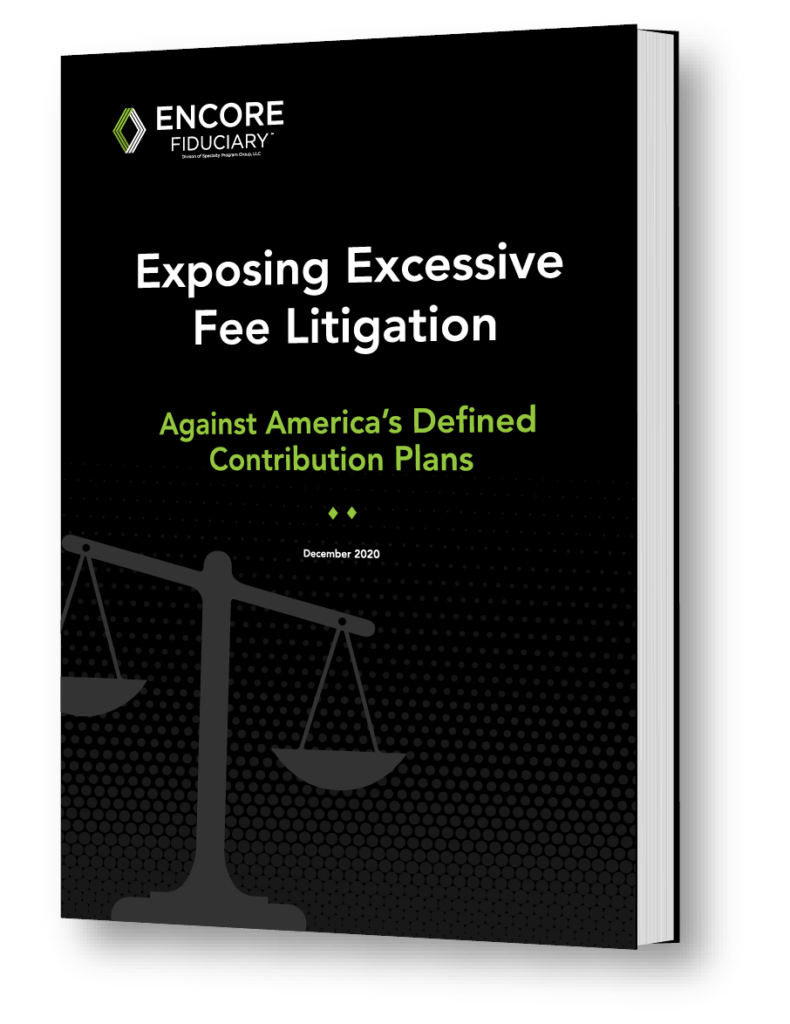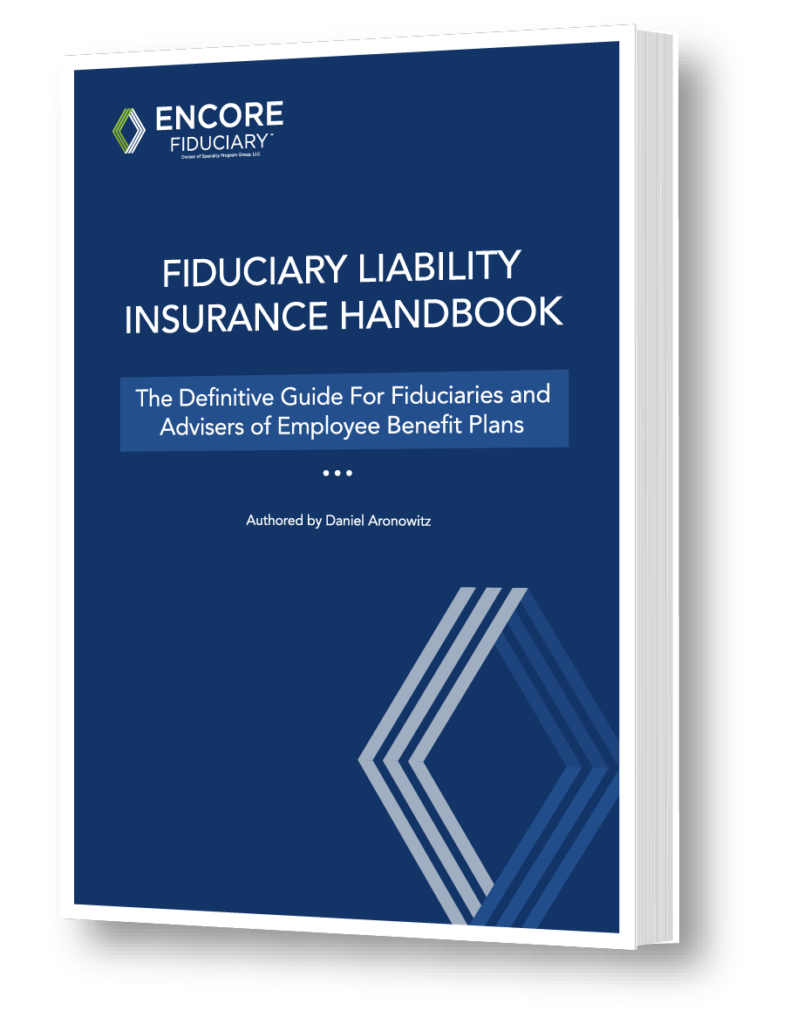A fiduciary liability insurance policy is a contract designed to protect plan trustees, other fiduciaries and the employee benefit plan against claims alleging breach of their fiduciary duties to the plan or claims alleging they committed an error in the administration of the plan. The insurance carrier issues the insurance contract to the plan itself or to an employer that sponsors an employee benefit plan. The policy provides two important basic benefits, defense and indemnity: (1) the policy pays for the expense of defending fiduciaries accused of violating their duties to the benefit fund [i.e., providing a lawyer to defend you]; and (2) the policy also indemnifies trustees for their alleged violations of duty and negligent administrative acts or omissions in the event of a settlement or judgment of liability [i.e., payment of covered damages you owe to the complaining party]. While fiduciary liability policies now provide coverage to the plan itself, the primary purpose of the fiduciary liability insurance policy is to protect against the individual liability of plan fiduciaries.
Why Is Fiduciary Liability Insurance Necessary?
Plan sponsors and fiduciaries may be exposed to significant liabilities. The Employee Retirement Income Security Act “ERISA” Section 409 imposes personal liability on individuals who breach their fiduciary duties, thus putting their personal assets at risk. An employee benefit plan and its fiduciaries, including the plan trustees, can be sued by several different constituencies: (1) a governmental regulator, like the Department of Labor “DOL” or the Internal Revenue Service “IRS”; (2) plan participants; or (3) another fiduciary, including other current or former plan trustees, of the plan under co-fiduciary liability.
Importantly, under fiduciary liability law, the employee benefit plan cannot use plan assets to defend a fiduciary for claims alleging negligence or wrongdoing. ERISA’s anti- exculpatory clause [ERISA section 410, 29 U.S.C. section 1110] prohibits a plan from paying for or indemnifying a fiduciary for a breach of fiduciary duty. ERISA permits indemnification of a plan fiduciary by an employer or plan sponsor whose employees are covered under the plan, rather than the plan itself, so long as the fiduciary remains liable for any loss caused by a breach of that fiduciary’s duty. But indemnification is never foolproof, as the employer may not have the assets to indemnify a fiduciary or is prevented by applicable law. Fiduciary insurance is thus essential to avoid personal liability for your service on behalf of an employee benefit plan.


